In 2020, the global medical refrigerator market was valued at $632 million. By the end of 2027, the market is expected to reach $840.5 million. Among other variables, this market growth is a reflection of healthcare facilities investing in more cold storage units to keep drugs and vaccines safe.
Safety, however, is not a guarantee. According to the CDC, facilities discard 35% of vaccines due to improper refrigeration. While the catalyst for temperature issues can vary — from an equipment failure to a tripped circuit breaker — the end result is often the same when personnel aren’t made aware of the issue fast: it’s too late for any drugs or vaccines to be saved.
As pharmacies, hospitals and laboratories have more medical refrigerators to monitor in their facilities, manual temperature checks of these systems become more inefficient and ineffective.
A sensor-based remote temperature monitoring system helps fill in current gaps and plan for the future.
Efficient & Effective Medical Refrigerator Temperature Monitoring
Consider this: the CDC recommends that staff check and record the minimum and maximum temperatures of medical refrigerators that store vaccines at the start of each workday. While this extra step may seem relatively minor in the scope of a day’s operations, it can add stress to the plate of staff who want to ensure accuracy in their work while feeling the pressure to work faster.
With the CORIS remote temperature monitoring system, staff doesn’t have to be on-site to check the temperatures of medical refrigerators. They can conveniently access real-time temperature data from their phone, whether inside or outside their facility walls. Having this data easily accessible eliminates the need to compile papers or spreadsheets of temperature data logs — while making it easier to gather data for future reports, grants, and other data-driven initiatives. In fact, the CORIS monitoring system will automatically create reports and send them to auditors or government agencies that need to verify that refrigerator temperatures have been properly maintained. Taking less than five minutes to create, these reports can be customized to cover any timeframe (e.g., daily, weekly, monthly, annually) and can be automatically sent to any email address.
In the event that a temperature excursion does occur, CORIS will notify personnel via a tiered escalation alert system. Sent in real-time to the appropriate personnel based on the severity of the issue and work schedules, these phone and/or email notifications communicate potential temperature issues before the problem has a chance to escalate. While beneficial during hours where staff is on-site and may simply be tied up with other tasks, CORIS offers peace of mind to healthcare facilities during the off-hours when none or very few personnel are on-hand and the temperature inside a medical refrigerator could rise significantly without anyone’s knowledge.
Invest in the CORIS Temperature Monitoring System
Based on industry statistics, we estimate that tens of millions of freezers, refrigerators, LN2 dewars and tanks, and incubators are installed across the globe annually. Of these systems, only a small percentage automatically have their temperature monitored. While critical to quality control in all instances, refrigerators offer an exceptionally short turnaround time to take action.
Here’s a timeframe to help put things into perspective: after a freezer fails, there is typically a 4- to 6-hour window to move samples before they’re compromised. Because refrigerators aren’t as well insulated as freezers, there tends to be even less time to address such temperature issues.
Give your team the technology to respond fast to temperature concerns, while giving them more time back in their workday. Invest in CORIS and see the difference it makes in your operations.
Contact us today for more information.
